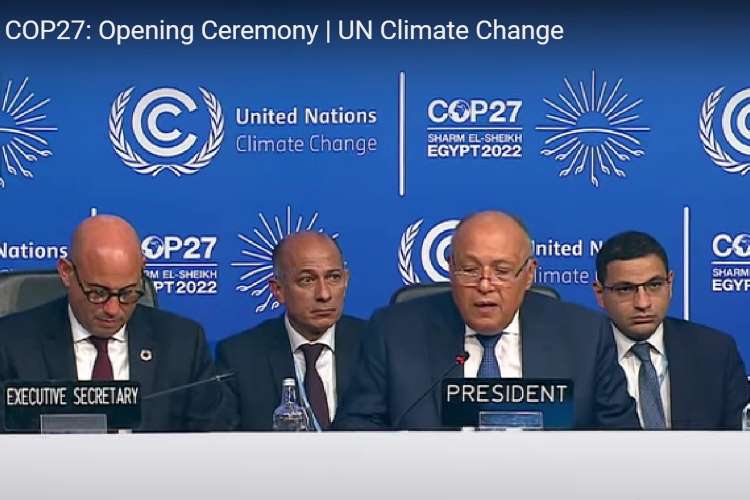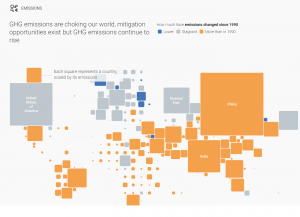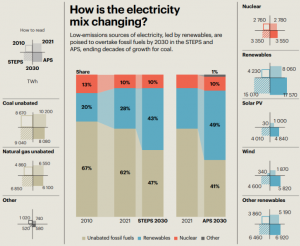
The annual UN climate Change conference (COP27) began on Sunday with close to 200 heads of states joining negotiators from multilateral agencies, non-profits, and corporates in Sharm el-Sheikh, Egypt. There is anxiety among participants as several studies pointing to the urgency for decisive climate action. Climate activists are showing impatience with the slow, complex and ineffective climate talks.
The annual Conference of the Parties has been the centre of international climate change talks for almost 30 years. These summits are expected to offer answers on tackling climate change, but they hardly led to tangible results. They are criticised for the lack of concrete results on the commitments. The negotiators promise things without any accountability for follow-up action.
READ I COP27: Reparations, energy crisis to dominate climate change conference agenda
A series of failures
COP26 in Glasgow last year was a remarkable failure with virtually no further action on the global methane pledge and the financial alliance for net-zero. The world is running out of time with the manifestations of climate change being observed across the world in the form of extreme climate events. Unprecedented heat waves, wild fires, cyclones, floods and droughts have led to destruction of life and livelihoods.

The countries attending COP27 are yet to meet their earlier commitments on climate action. The Paris agreement, 2015, had promised to limit global warming to 1.5 degrees Celsius above the pre-industrial levels. Recent studies show that the world is headed for 2.5C rise in temperature by the turn of the current century.
READ I COP27: India’s ancient learnings can help climate change mitigation efforts
Can COP27 be a path-breaking event
Nobody is willing to bet on a turnaround in Sharm el-Sheikh. The Ukraine-Russia war has led to an energy crisis that could lead to higher emissions of planet-heating greenhouse gases. The world’s largest polluters – the United States and China – are unlikely to cooperate after sparring over Taiwan. Although one cannot expect miracles from COP27, there are several reasons why there is optimism on climate change mitigation.
The meeting made a promising start with the inclusion of loss and damage into the formal agenda. It will take several years before the poor nations facing the fury of nature actually get the compensation payments. Going by experience, the amount of reparations is unlikely to be adequate to meet climate emergencies. Here’s a look at the positives of this year’s conference.

The Global Electricity Mid-Year Insights report by energy think tank Ember says new renewables generation met the increase in power demand in the first half of 2022. Renewables met 92% of new energy demand in China, 81% in the US and 23% in India. The increase in global power demand was 389 terawatt hours, while generation of renewables rose by 416 terawatt hours. The International Energy Agency says employment in renewable energy is more than 50% of all energy sector jobs.
World nations are investing heavily in renewable energy. The disruption in oil and gas supply caused by the Ukraine conflict has played a catalyst in this process. The global investment in clean energy will be more than $1.4 trillion in 2022.
Despite all its failings, COP has some relevance as it is the only platform where the poor and vulnerable countries can speak with their rich counterparts as equals. This is essential in reaching agreements at the highest level.

